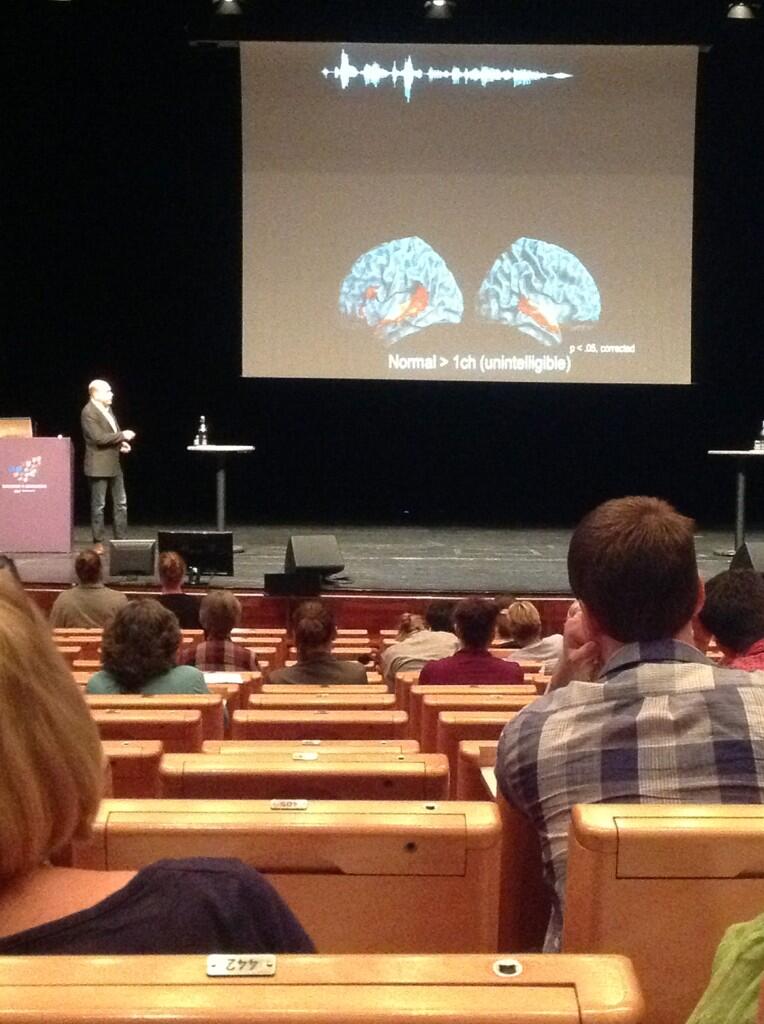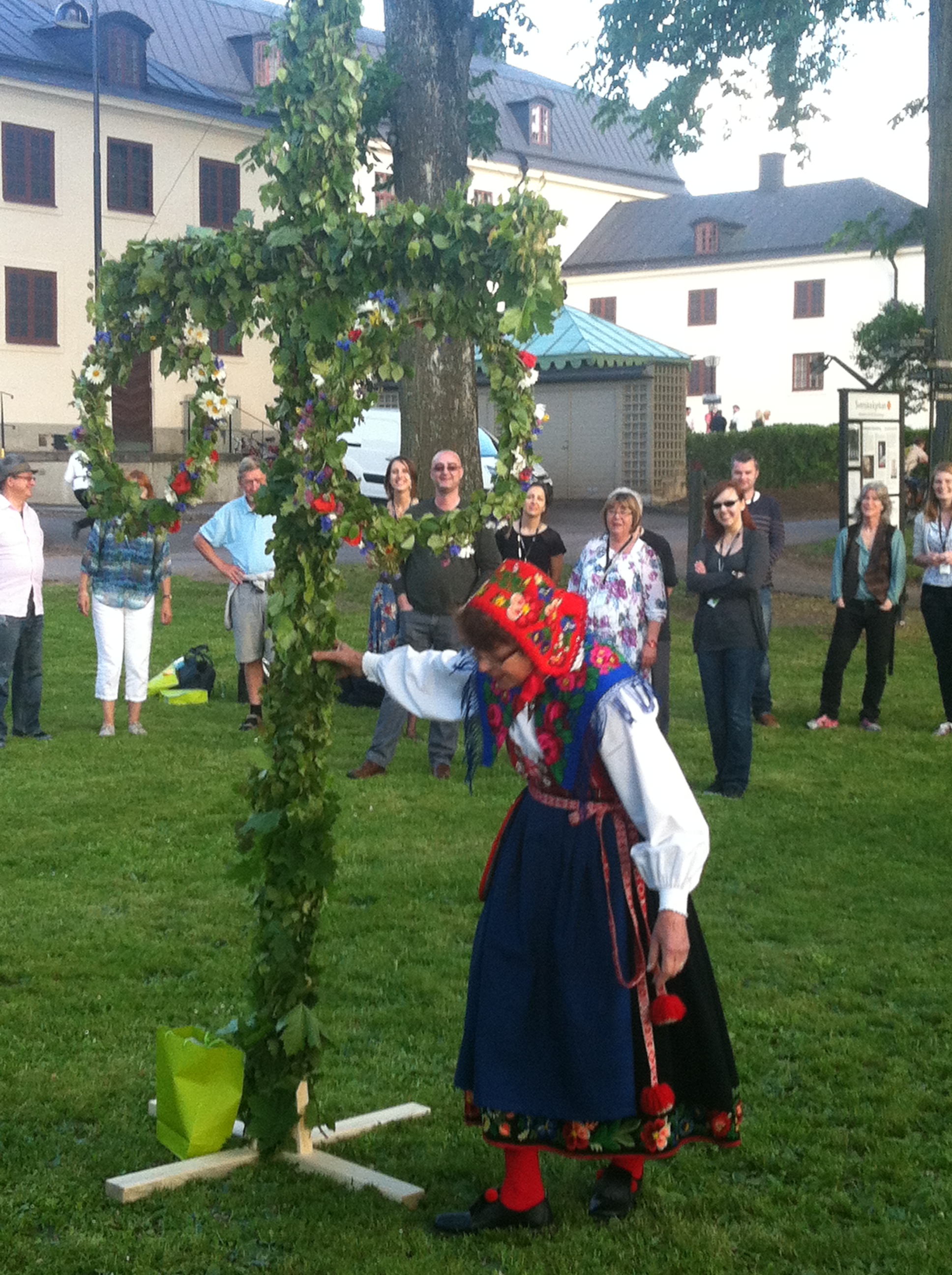UPDATE: The position is filled.
We are looking for a full-time research assistant to start this summer. The position involves collecting and analyzing behavioral and neuroimaging data. Previous experience doing this is not necessary; it is more important that you are conscientious, well-organized, self-motivated, and able to work independently. And also have fun. We have a great team and are looking forward to expanding!
Please see the full description below.
COGNITIVE NEUROSCIENCE RESEARCH ASSISTANT POSITION
A full-time cognitive neuroscience research assistant position is available in the laboratory of Dr. Jonathan Peelle in the Department of Otolaryngology at Washington University in St. Louis. The lab uses human brain imaging to study how listeners understand speech, and the ways this changes with normal aging and hearing impairment. Position responsibilities will include the collection and analysis of both behavioral and magnetic resonance imaging (MRI) data, and working closely with Dr. Peelle to implement experiments and apply for research funding. The position comes with many opportunities for growth and training and will provide a strong foundation for individuals interested in continuing their education in graduate or medical school.
Washington University is one of the nation’s leading institutions in both neuroscience and medical research, with three research-dedicated MRI scanners and a vibrant cognitive neuroscience community across the departments of Psychology, Radiology, Neurology, Biomedical Engineering, and Otolaryngology. The Department of Otolaryngology has over 100 years of history of leadership in the treatment of disorders of the ear, nose and throat in both adults and children, including pursuing the relationship between hearing and brain function.
Preferred qualifications: Equivalent of Bachelor’s degree in neuroscience, psychology, biology, biomedical engineering, computer science, or related field. The candidate must be detail oriented, able to work independently, and have strong organizational and interpersonal skills. Experience in any of the following is preferred: psychological testing, statistical analysis, graphic design, E-Prime, Linux/Unix, MATLAB, R, or computer programming.
The anticipated starting date for this job is June 1, 2014. Preference will be given to candidates who can commit to two years in the position.
Washington University in St. Louis is an equal opportunity, affirmative action employer and encourages applications from women, ethnic minorities, veterans, and individuals with disabilities.






